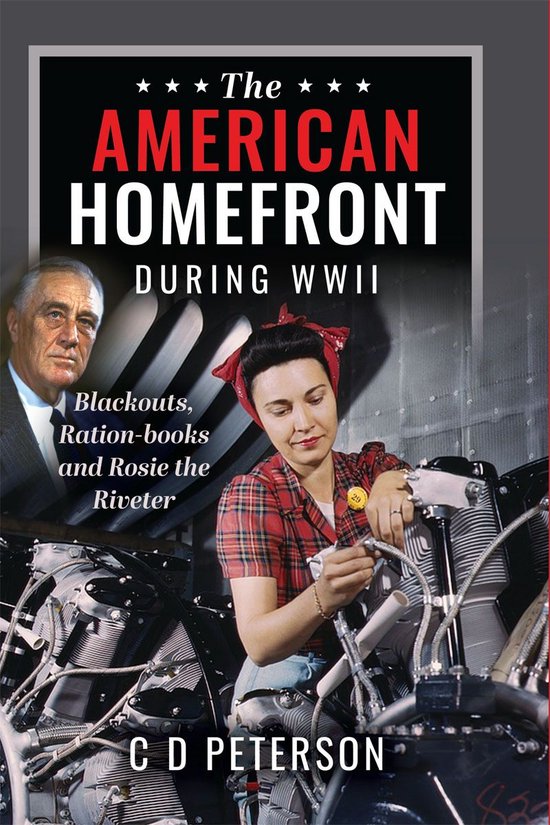Then now operation dragoon and beyond

Direct beschikbaar
"The photographs from the invasion, contrasted with modern pictures of the same locations provide a fascinating interpretation of the battlefields. The text and accompanying maps complement the photos, making the overall volume an outstanding introduction to the campaign."— ARGunners.com
From the Riviera, to the Rhine and on to the Colmar pocket, all three operations are covered in this volume by Jean Paul Pallud, and each show the action and locations in our unique ‘then and now’ style.
The project of a landing operation in southern France was debated between American and British Allies from mid-1943, the Americans favoring the idea, the British expressing doubts on the value of such an operation. The Russians intervened in November when, at the ‘Eureka’ conference at Teheran Joseph Stalin, the leader of the Soviet state, declared he was much interested in an operation in southern France. President Franklin D. Roosevelt and Prime Minister Winston Churchill agreed to launch Operation ‘Anvil’ in southern France at the same time as Operation 'Overlord', the Normandy landings.
Convinced that the Allied forces in the Mediterranean would better be used in the Italian campaign, Churchill appealed directly to Roosevelt in June to cancel 'Anvil' but Roosevelt answered that he was definitely for 'Anvil'. On July 2, the Combined Chiefs-of-Staff directed General Sir Henry Maitland Wilson, the C-in-C Mediterranean Theater, to launch Operation 'Dragoon', a three-division assault against the coast of southern France by August 14.
Under the shield of a large naval task force the US VI Corps and French forces landed on the beaches of the Riviera on August 15. Opposition from scattered German forces was weak. As the swiftly defeated German forces withdrew to the north through the Rhône valley, pressed by the leaders of VI Corps, the French captured the ports of Marseille and Toulon, soon bringing them into operation. Troops from Operation 'Dragoon' met with the Allied units from Operation 'Overlord' on September 15. At the same time Headquarters of the US 6th Army Group, under Lieutenant General Jacob L. Devers, became operational taking command of the US Seventh Army and the French 1ère Armée.
The swift campaign soon came to a stop at the Vosges mountains, where Armeegruppe G was able to establish a stable defense line.
The leaders of the 6th Army Group reached the Rhine in mid-November but there would be no crossing. Eisenhower ordered Devers to use whatever force necessary to clear the area between the Vosges and the Rhine and to turn the Seventh Army north as quickly as possible, attacking west and east of the Low Vosges.
In spite of its uncertain antecedents, the well-planned Operation 'Dragoon' and the forces involved — along with German unpreparedness and disarray — contributed to a surprisingly rapid success that liberated most of southern France in just four weeks.
- 1 Bekijk alle specificaties



Taal: en
Bindwijze: E-book
Oorspronkelijke releasedatum: 22 februari 2024
Ebook Formaat: Adobe ePub
Hoofdauteur: Jean Paul Pallud
Hoofduitgeverij: After The Battle
Lees dit ebook op: Desktop (Mac en Windows)
Lees dit ebook op: Kobo e-reader
Lees dit ebook op: Android (smartphone en tablet)
Lees dit ebook op: iOS (smartphone en tablet)
Lees dit ebook op: Windows (smartphone en tablet)
Studieboek: Nee
EAN: 9781399046138